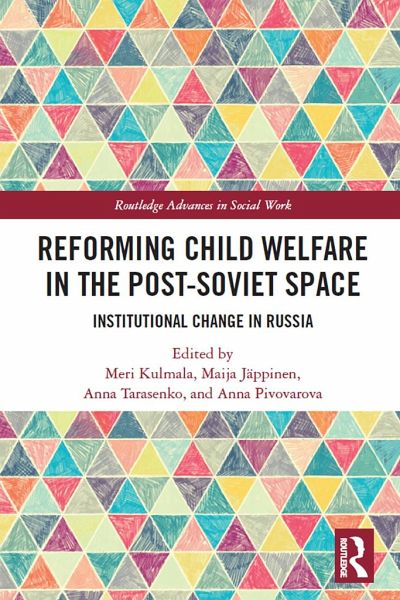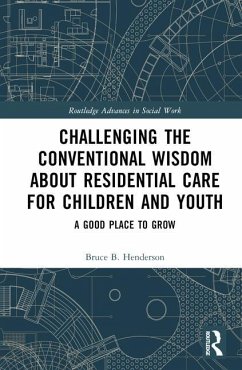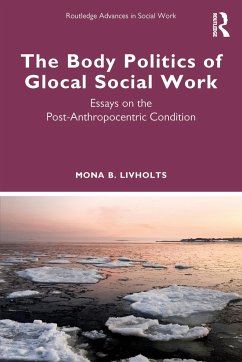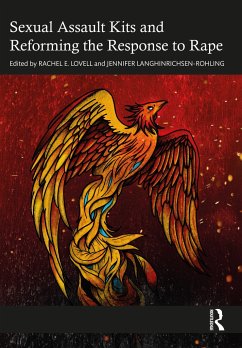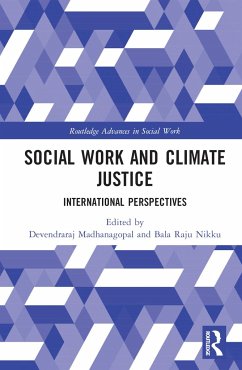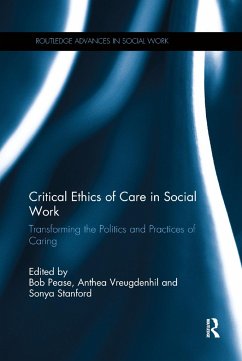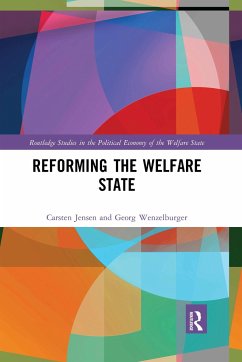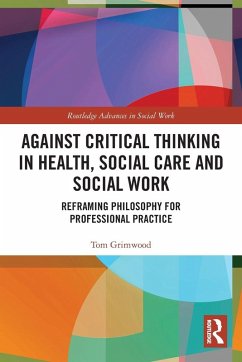Broschiertes Buch
Reforming Child Welfare in the Post-Soviet Space
Institutional Change in Russia
Herausgeber: Kulmala, Meri; Tarasenko, Anna; Jäppinen, Maija
Versandkostenfrei!
Versandfertig in 1-2 Wochen
Weitere Ausgaben:

PAYBACK Punkte
27 °P sammeln!




This book provides new and empirically grounded research-based knowledge and insights into the current transformation of the Russian child welfare system.
Meri Kulmala holds a PhD in sociology and works as a university researcher and research coordinator of the Helsinki Inequality Initiative (INEQ) in the Faculty of Social Sciences at University of Helsinki, Finland. She works and publishes on issues of post-socialist welfare state and civil society development, women's activism, family and child welfare policy and feminist research methods. She leads an international interdisciplinary research project on child welfare in Russia and is involved in a project exploring youth well-being in the Arctic region, with her focus being on the well-being of young care leavers, which she studies principally through participatory research methods. Maija Jäppinen holds a PhD in social work and works as both a university lecturer in the Faculty of Social Sciences in University of Helsinki and a postdoctoral researcher in the Åbo Akademi University, Finland. Her research interests include Russian studies, gender violence, child welfare, social work practice research, social work with migrants, power asymmetries in social work encounters, migrant citizenisation, and human rights. Methodologically, she specialises in ethnographic research, qualitative research in different kinds of transnational settings, and feminist methodology. Anna Tarasenko holds a PhD in political science. Her current research focuses on the non-profit sector development in Russia. She has accomplished empirical research on various types of non-profits and their involvement in social service provision as well as engagement in interest representation in contemporary Russia. She has worked as a researcher in several international research projects, including the UNRISD research project 'New Directions in Social Policy: Alternatives from and for the Global South'and the international research project based at the University of Helsinki entitled 'A Child's Right to a Family: Deinstitutionalisation of Child Welfare in Putin's Russia'. Anna Pivovarova is a social anthropologist working on parenting, childhood and kinship. She holds a master's degree in anthropology from the European University at St. Petersburg and works as a doctoral researcher at the University of Helsinki focusing on adoptive and foster parenthood in today Russia. She has conducted research and published on modern home birth practice and independent midwifery, and participated in research projects on maternity healthcare, child welfare and alternative family care in Russia. Her research interests include medical anthropology, new kinship studies, narrative analysis, invented traditions, rituals and modern folklore.
Produktdetails
- Routledge Advances in Social Work
- Verlag: Taylor & Francis Ltd
- Seitenzahl: 254
- Erscheinungstermin: 29. April 2022
- Englisch
- Abmessung: 234mm x 156mm x 14mm
- Gewicht: 388g
- ISBN-13: 9780367556440
- ISBN-10: 0367556448
- Artikelnr.: 64104912
Herstellerkennzeichnung
Libri GmbH
Europaallee 1
36244 Bad Hersfeld
gpsr@libri.de
Für dieses Produkt wurde noch keine Bewertung abgegeben. Wir würden uns sehr freuen, wenn du die erste Bewertung schreibst!
Eine Bewertung schreiben
Eine Bewertung schreiben
Andere Kunden interessierten sich für




